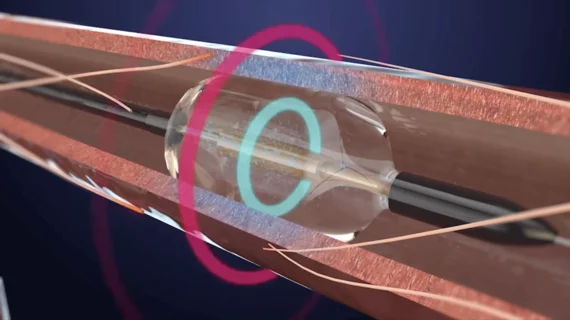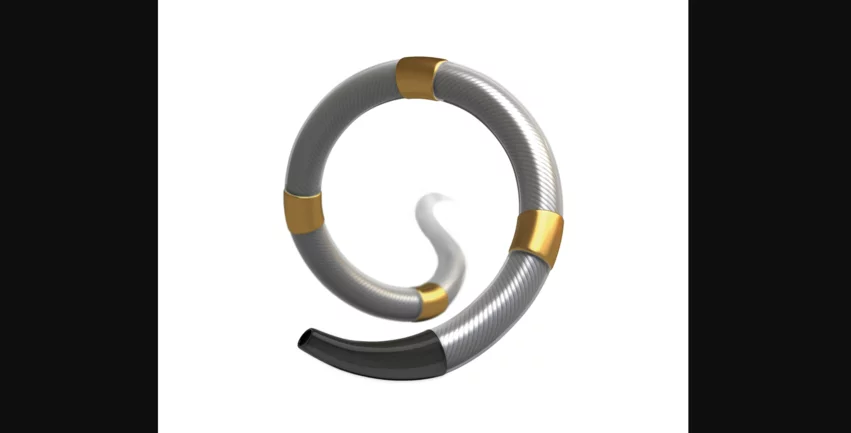Momentum continues for renal denervation as CMS considers national Medicare coverage
The U.S. Centers for Medicare and Medicaid Services (CMS) is officially exploring the potential of a national Medicare coverage policy for the use of renal denervation (RDN) to treat uncontrolled hypertension. The agency opened a new national coverage analysis (NCA) to explore the subject, reviewing the available evidence of RDN’s safety and effectiveness while seeking public comments from various stakeholders on the potential impact of improved coverage.
“We are particularly interested in comments that include scientific evidence, specifically any peer-reviewed literature, that describes the role of RDN,” CMS said in its NCA. “We are also interested in health disparities and equity aspects that should be considered in the review.”
Public comments are being accepted until Feb. 12. Click here for additional information.
Momentum continues for renal denervation
After years of development, the use of RDN for uncontrolled hypertension has gained significant momentum in recent years, beginning with two RDN systems gaining U.S. Food and Drug Administration (FDA) approval. Recor Medical's Paradise Ultrasound RDN system was the first, receiving approval in November 2023, and Medtronic’s Symplicity Spyral RDN system followed suit just a few weeks later. Medtronic then formally requested a national coverage determination (NCD) for RDN in December 2024.
In addition, CMS demonstrated the value it sees in RDN when it announced new transitional pass-through (TPT) payments for the technology in its 2025 Medicare Hospital Outpatient Prospective Payment System. TPT payments are designed to help support the use of newer technologies by providing a consistent level of reimbursement, and they can last up to three years.
Celebrating progress
Recor Medical and Medtronic both shared public support of the NCA, highlighting the benefits improved Medicare coverage for RDN could have on patient care.
“The initiation of an NCA is the first step in the NCD process towards the potential expansion of coverage of Recor’s Paradise Ultrasound RDN system among Medicare beneficiaries,” Recor Medical said in a statement. “Recor appreciates CMS’ consideration of potential national coverage of RDN as a hypertension treatment option for Medicare beneficiaries and will continue to work closely with CMS throughout the NCD process.”
“Hypertension is a global health epidemic that impacts a wide variety of patients,” Jason Weidman, senior vice president and president of Medtronic’s coronary and RDN business, said in a separate statement. “As the leader in developing a minimally invasive treatment option for hypertension, Medtronic has been closely engaged with CMS to establish a national coverage pathway for Symplicity Spyral. We appreciate CMS' efforts in creating new pathways to expedite access to breakthrough technologies like Symplicity Spyral and look forward to our continued partnership in developing a national coverage policy.”


